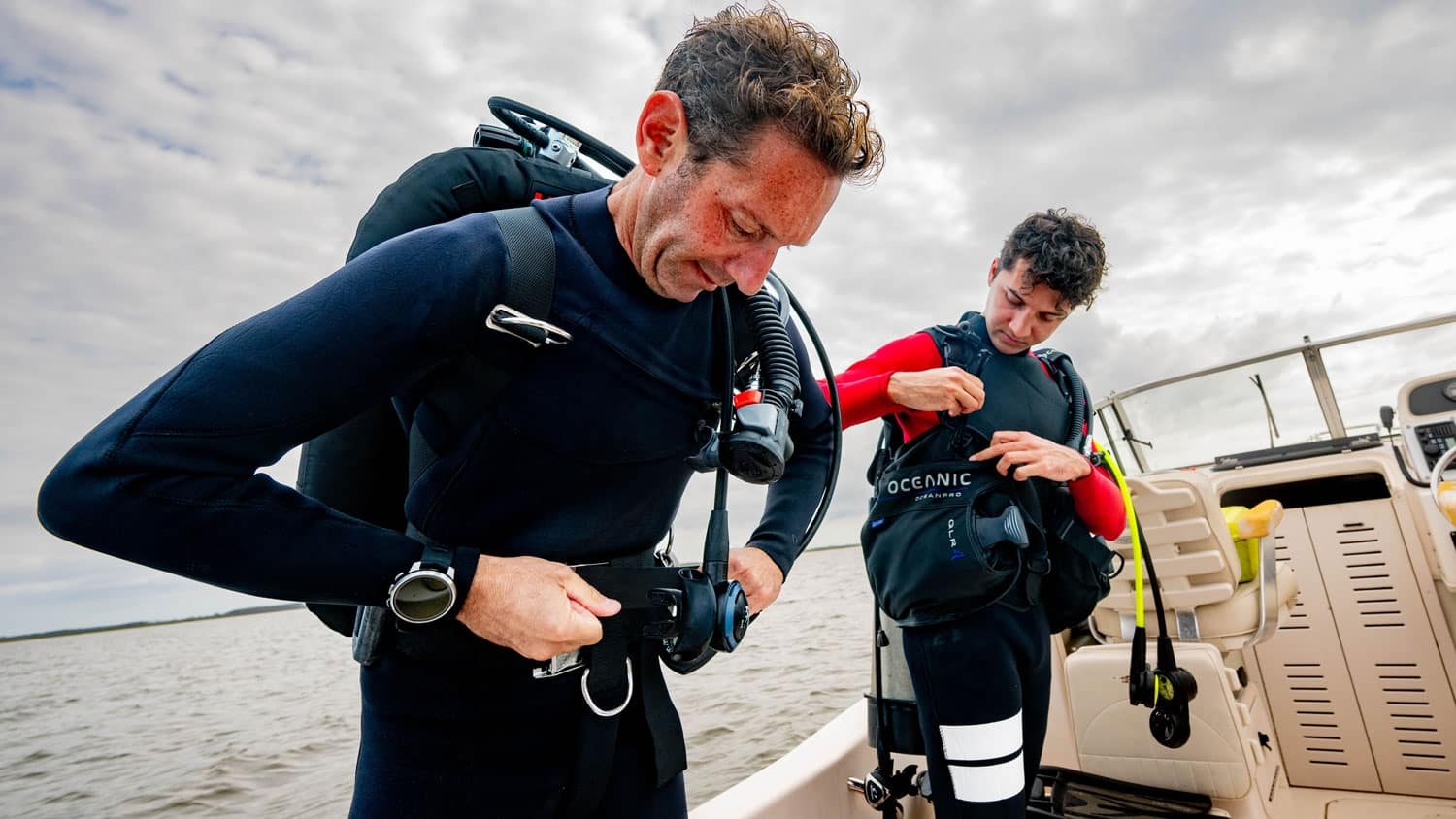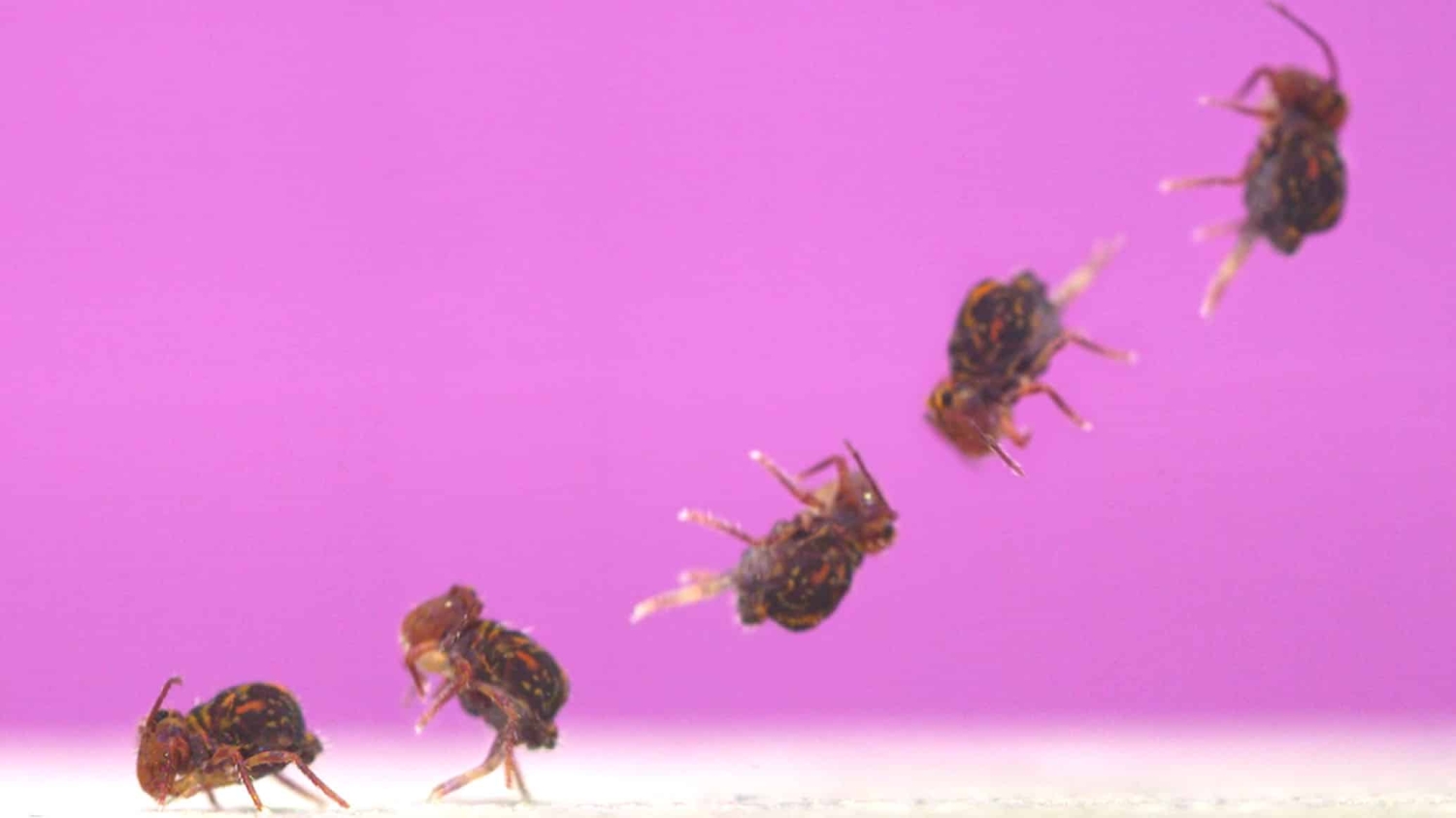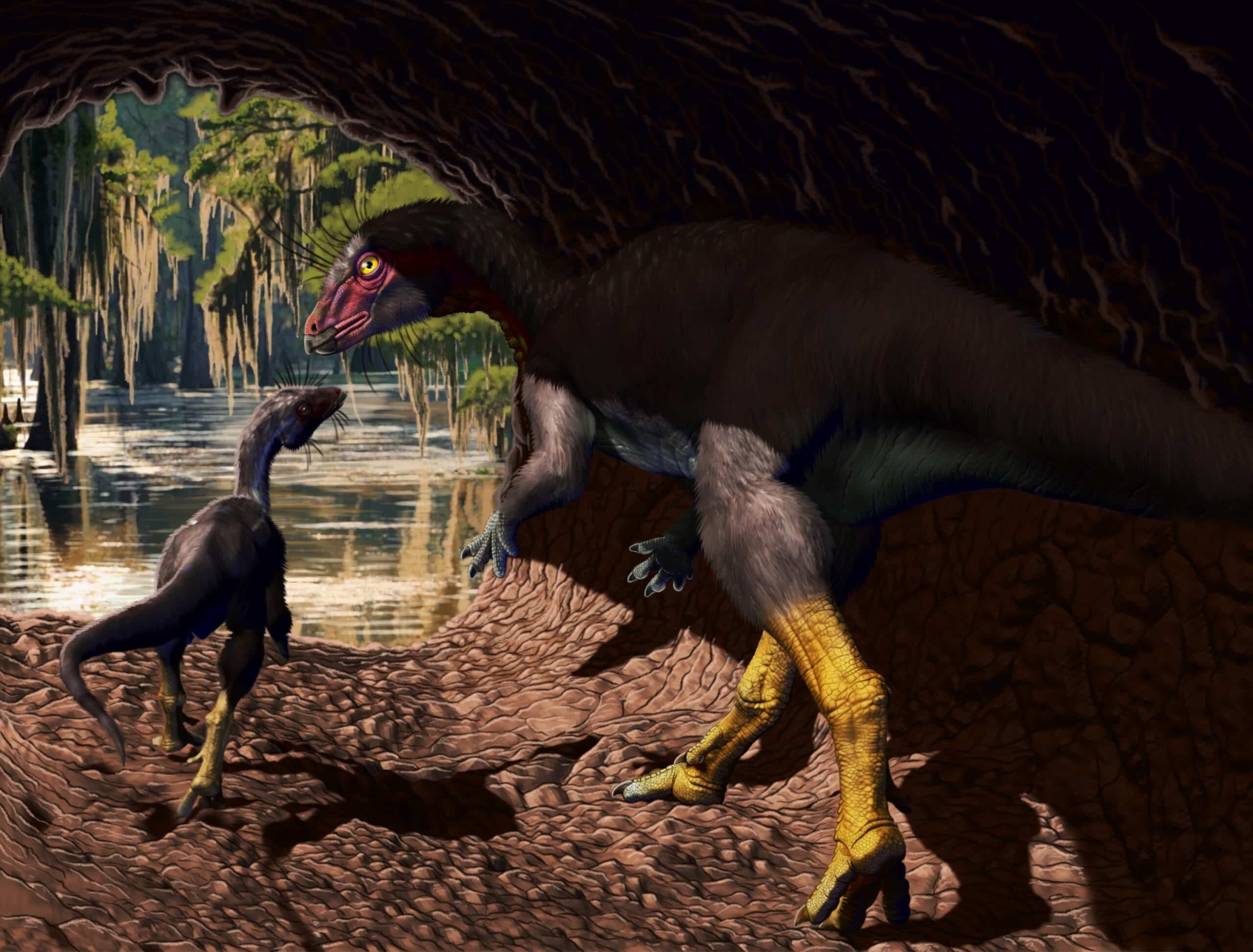Meet DELTA Faculty Fellow Miriam Ferzli
Teaching Professor and DELTA Faculty Fellow Miriam Ferzli strives to motivate her students by providing them with opportunities to make choices regarding how they learn so that they develop a sense of educational ownership. By focusing her research on methods to increase both autonomy and belonging as part of student engagement, Ferzli hopes to encourage students to take an active role in the learning process.
“My mission is to inspire students to attain strong academic skills by helping them understand what it means to be a scholar — how to ask questions, seek answers, solve problems and work within a community of teachers and learners,” Ferzli said.
Ferzli was an early adopter of personal response systems, such as Top Hat, for the purposes of implementing interactive learning activities while increasing student engagement in large-enrollment courses. She has used this type of instructional technology for many years, weaving it into her class to engage students in learning difficult concepts, foster in-class collaborations, and provide just-in-time, low-stakes self-assessment.
“Top Hat allows me to quickly assess student conceptual understanding and clarify misconceptions,” Ferzli said. “In addition, I use Moodle tools to deliver interactive content through Lessons, Pages, H5P, and interactive quizzing. More currently, I have used Yellowdig, a community-building platform to help students ask and answer questions, share resources, ideas, or simply connect with each other.”
With the help of a DELTA Grant and collaboration with other colleagues, Ferzli also developed VR Ecosystems, which allows students to virtually travel to learn about North Carolina’s ecosystem dynamics and biodiversity.
Inspiration
Within the Department of Biological Sciences, Ferzli took the lead in issues dealing with teaching effectiveness, earning the title of Alumni Association Distinguished Undergraduate Professor. She was also awarded the National Award for Excellence in Teaching from the Association of Public and Land-grant Universities and NC State’s Outstanding Teaching Award and Outstanding Advisor Award. In addition, Ferzli is an Education Fellow for the National Academies of Sciences and a member of the Academy of Outstanding Teachers.
“I was inspired by Director of Instructional Support and Training Bethany Smith, who taught me a lot through the years,” Ferzli said. “I was also influenced by my colleague and former Faculty Fellow, Associate Teaching Professor Melissa Ramirez who did a lot to raise awareness of best practices for online course delivery and Lead Instructional Technologist Jill Anderson with whom I have collaborated on several DELTA Workshops.”
Goals
As a Faculty Fellow, Ferzli’s goal is to serve as a mentor to peers who want to increase active learning with the help of learning technologies. She is especially interested in providing resources to other faculty members who want to implement learning technologies in their courses or to explore tools for peer assessment and equitable collaborations.
“Because the pandemic ‘forced’ us to think creatively and lean more heavily on educational technology to meet course learning objectives, I learned to provide alternative methods of teaching online, both synchronously and asynchronously,” Ferzli said.
As the coordinator of BIO 181: Ecology, Evolution and Biodiversity, for majors, Ferzli’s team also had to determine how to design online labs.
“We used a lot of the tools already in place to facilitate the online lab development, such as our interactive WordPress lab website, virtual reality technology and Moodle tools,” Ferzli said. “That led to creative ways of teaching, which provided a perspective on how to foster collaborations outside the face-to-face format. As a Faculty Fellow, I am curious to further explore user-friendly educational technologies that facilitate model-based learning.”
Interested in sharing your knowledge and learning from other instructors? Learn more about DELTA’s Faculty Fellows program and the process for applying.
This post was originally published in DELTA News.


